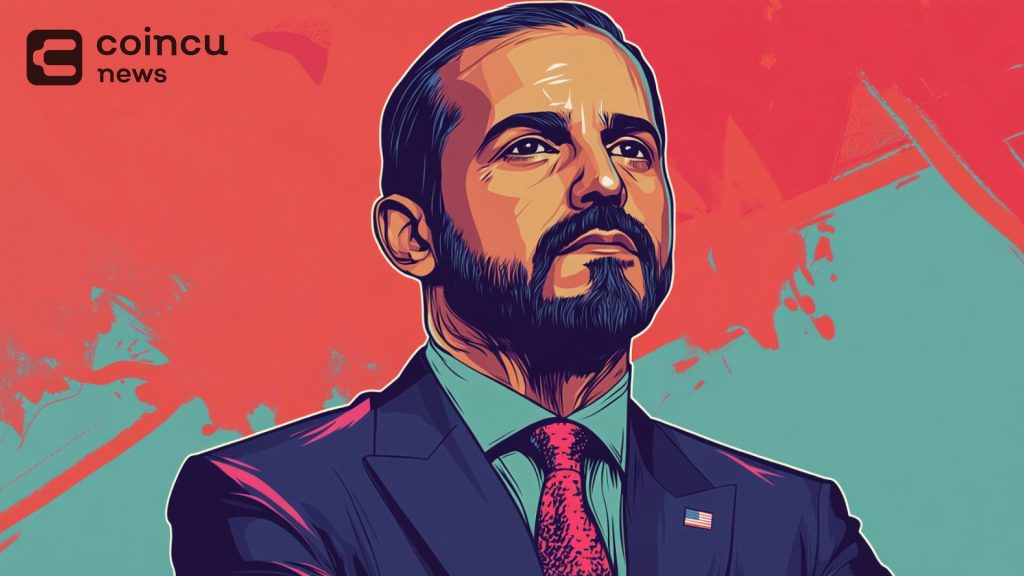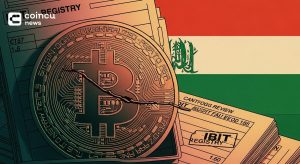El Salvador President: Strategy to Promote BTC Still Not Widespread
Key Points:
- El Salvador President Nayib Bukele acknowledges that while his Bitcoin strategy has been “net positive.”
- The initiative has improved the country’s branding, attracted investment, and boosted tourism.
El Salvador President Nayib Bukele recently graced the cover of Time magazine, to which he acknowledged that, though his Bitcoin strategy has been “net positive,” it has not met expectations of widespread usage.

Read more: El Salvador Cold Wallet Surges with 5,850 BTC
El Salvador President Admits Bitcoin Strategy Falls Short of Expectations
Bukele‘s ambitious aim, translating into a highly unexpected move, of making El Salvador a Bitcoin hub has had marked impacts but has fallen short in keeping with high expectations.
In an interview with Time, the El Salvador President said Bitcoin has strengthened the branding of the country, brought more investment, and heightened tourism. He did admit, though, that the rate of adoption isn’t as high as expected:
“Bitcoin hasn’t had the widespread adoption we hoped for,” he admitted. “I feel that it could have worked better, and there is still time to make some improvements, but it hasn’t resulted in anything negative.”
President Bukele’s Bitcoin Dream: Accomplishments and Roadmap Ahead
Since Bitcoin became legal tender on September 7, 2021, joining the US dollar, Central American companies were supposed to accept the digital currency if they could. The government of Bukele also launched Chivo Wallet and promised $30 in free Bitcoin to those who tried the technology. Yet, the industry-wide adoption rate has been less than expected, with less than 12% of Salvadorans making more than the initial bonus.
The policy was implemented to increase financial inclusion and reduce remittance costs in a country where 70% of the population has no access to traditional banking services. The decision from Bukele to make Bitcoin legal tender had its healthy dose of skeptics, as well as decidedly mixed success.
The wider vision includes a “Bitcoin City” powered by volcanic energy and a citizenship program for large Bitcoin investors. If those plans happen to win some attention internationally, more practical results of El Salvador’s Bitcoin experiment remain highly debated.
| DISCLAIMER: The information on this website is provided as general market commentary and does not constitute investment advice. We encourage you to do your own research before investing. |






















